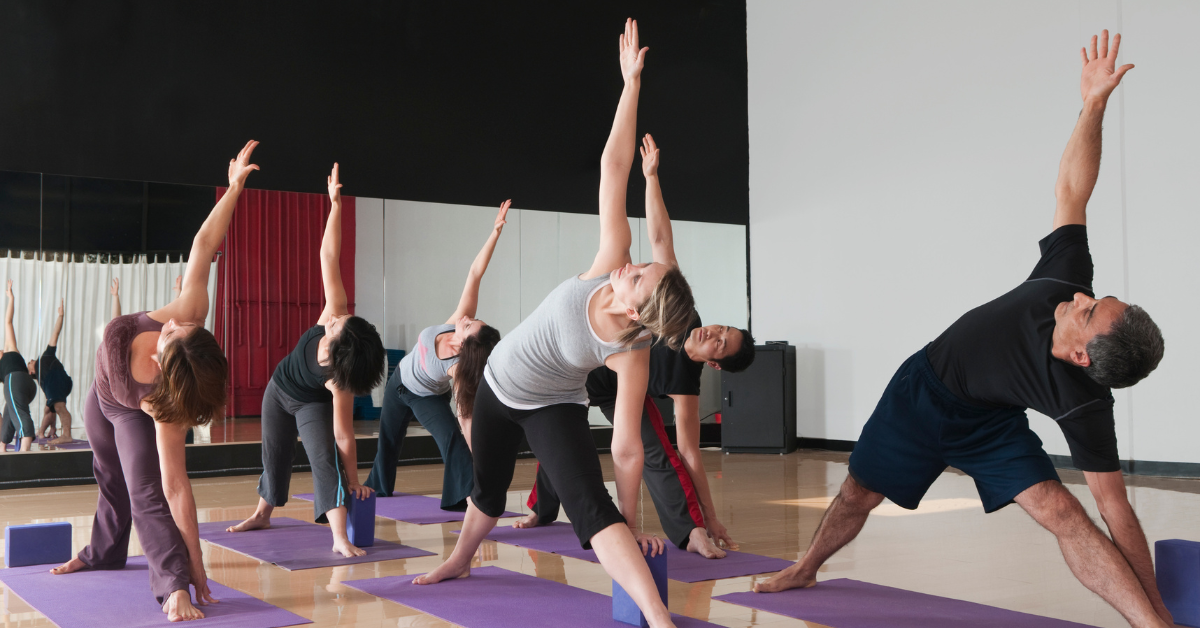Beyond the Gym: Unpacking the Diverse Health Benefits of Creatine
For decades, creatine has been a staple in the world of athletics and bodybuilding, lauded for its ability to enhance strength, power, and muscle mass. However, recent research is shedding light on a much broader spectrum of health benefits, extending far beyond the weight room to encompass brain health, bone density, and even aspects of healthy aging. This naturally occurring compound, found in small amounts in red meat and seafood and synthesized by our bodies, is proving to be a versatile powerhouse.
Creatine’s primary role in the body is to rapidly regenerate adenosine triphosphate (ATP), the main energy currency of our cells. By increasing the body’s stores of phosphocreatine, creatine essentially supercharges our energy production, particularly during short bursts of high-intensity activity. This mechanism underpins many of its observed benefits.

Muscle and Performance Enhancement: The Classic Benefits
The most well-known advantages of creatine supplementation revolve around physical performance:
- Increased Strength and Power: By providing readily available ATP, creatine allows muscles to perform more work during intense activities like weightlifting, sprinting, and high-intensity interval training (HIIT). This translates to greater gains in strength and power over time.
- Enhanced Muscle Growth (Hypertrophy): Creatine promotes cell volumization (increasing water content in muscle cells), which can signal processes leading to new protein synthesis and ultimately, increased muscle mass. It also aids in reducing muscle breakdown, contributing to a net gain in muscle over the long term.
- Improved Exercise Recovery: Creatine may help speed up muscle recovery after strenuous workouts, reducing fatigue and allowing for more consistent training.
- Injury Prevention: Some research suggests that creatine might help reduce the frequency of dehydration, muscle cramping, and injuries to muscles, bones, ligaments, tendons, and nerves.
It’s crucial to understand that creatine isn’t a magic pill for muscle growth on its own. Its benefits in this area are largely realized when combined with a consistent resistance training program. As recent studies suggest, a standard maintenance dose of 5 grams per day might primarily lead to water retention in the initial phase, with actual muscle growth stemming from the increased workout capacity creatine enables. Higher doses or a “loading phase” might be necessary for more significant muscle gains, though further research is ongoing.
Beyond Muscles: The Cognitive Edge
Perhaps one of the most exciting areas of emerging research is creatine’s impact on brain health and cognitive function:
- Improved Cognitive Performance: Creatine plays a critical role in brain bioenergetics, helping to maintain ATP levels in brain cells during energy-demanding activities. Studies indicate that creatine supplementation can improve performance on cognitive tasks, particularly in older adults, individuals with lower baseline creatine levels (like vegetarians), and during times of metabolic stress, such as sleep deprivation.
- Neuroprotection: There’s growing interest in creatine’s potential neuroprotective properties. It may help reduce inflammation and oxidative stress in the brain, and some research suggests it could aid in recovery from traumatic brain injury and potentially alleviate symptoms of depression and anxiety. While promising, more extensive research is needed to fully understand its role in neurodegenerative diseases like Alzheimer’s and Parkinson’s.
As we age, maintaining muscle and bone density becomes paramount for independent living and quality of life. Creatine offers valuable support in these areas:
- Combating Sarcopenia: Sarcopenia, the age-related decline in muscle mass, is a significant concern. Creatine supplementation, especially when combined with resistance exercise, has been shown to slow this process, improve muscle strength, and even help rebuild lost muscle in older adults.
- Supporting Bone Density: Emerging evidence suggests creatine may help reduce bone mineral density loss, particularly in postmenopausal women. It appears to enhance the activity of osteoblasts (cells involved in bone formation) and, when paired with weight-bearing exercises, can contribute to stronger bones, reducing the risk of fractures.
- Improved Functionality in Older Adults: By bolstering muscle strength and bone health, creatine can make everyday activities like climbing stairs or carrying groceries easier, thereby improving overall functionality and reducing the risk of falls.




